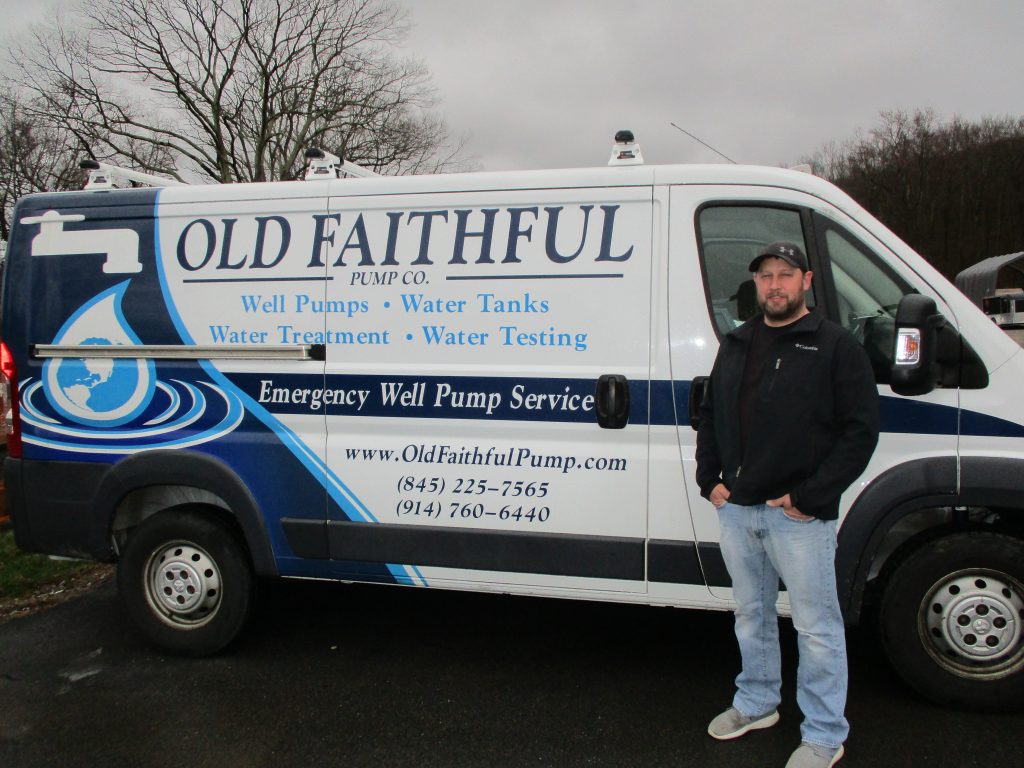County Legislators Propose Plastic Bag Ban for Westchester

Anna Young Photo
County lawmakers announced last week they would propose legislation to eliminate single-use plastic bags in businesses throughout Westchester and encourage patrons to bring reusable shopping bags.
The proposed measure, referred to as the Reusable Bag Initiative, was pitched last week by Legislators Kitley Covill (D-Katonah) and Nancy Barr (D-Rye Brook). It would call for certain stores, such as groceries and food markets, pharmacies and convenience stores, to charge customers at least 10 cents for each recyclable or reusable paper bag to carry out merchandise.
“I think the time has come for the county to put in something that is county wide,” Covill said at an Apr. 19 press conference in White Plains. “This is the first step toward a goal we all share to improve the environment by eliminating the plastic bags that pollute our waterways, clog our sewers, back up our storm drains, endanger our marine life and litter our streets.”
It would allow plastic bags to be used for meat and produce, by dry cleaners and for garbage liners. Prescription drug bags would still be used as well.
The charge for each paper bag, which would be kept by the merchant, would not apply to restaurants or food service establishments that operate outside of retail stores.
The legislation also takes aim at polystyrene foam packing materials, banning its use in the county. Items packaged outside the county, including bulk meat trays and computer-shipping packaging, would be exempt from the ban.
The ordinance would be similar to a law that went into effect last year in New Castle and several other municipalities around Westchester and another that is being considered in Pleasantville. A county law would supersede local legislation.
“This legislation reflects an increasing awareness of how destructive, permanent and unnecessary single-use plastic bags actually are,” Barr said. “While several municipalities around Westchester already have reusable bag legislation and several others are considering similar laws, it’s time for the county as a whole to join other counties like Suffolk in leading the state and the nation towards a cleaner, more sustainable future for ourselves and for our children.”
Stores can provide free bags for two weeks before the law takes effect, and for two weeks every year from Dec. 1-15.
Lawmakers said they would meet with storeowners, consumers and environmental scientists as they work to craft legislation to reduce the financial burden for some residents. Under the measure, Supplemental Nutrition Assistance Program (SNAP) and Women, Infants and Children (WIC) recipients would be exempt from the 10-cent bag fee.
Jeremey Cherson, advocacy coordinator for Riverkeeper, said about 23 billion single-use plastic bags are used throughout New York State every year. Research shows that micro plastic particles find their way into the waterways because of the bags, he said.
Cherson said California saw a 7 percent reduction in plastic bag waste the first year a similar law went into effect. California voters approved a proposition banning plastic bags in 2016.
“I am grateful to the county legislators who have taken the initiative to move this important issue forward,” White Plains Mayor Tom Roach said in a statement. “I believe legislation that would cover the entire county would be more effective and more easily understood and complied with by both consumers and retailers than a hodgepodge of local regulations.”
While Legislator Lyndon Williams (D-Mount Vernon) indicated support for the law, he said he opposes a bag fee, arguing that it would disproportionately burden the working poor. He said he would support the legislation ban if the burden was placed on the manufacturers.
Williams said the exemption for SNAP and WIC recipients would fail to cover many struggling residents and families who do not participate in those programs. He urged Covill and Barr to craft a law that is workable for everyone.
“The working poor are already fighting to make ends meet. The county should not burden them further with a bag fee,” Williams said. “I want to support my colleagues’ effort on the environment but just not at the expense of those who can least afford to bear the burden of this fee.”

